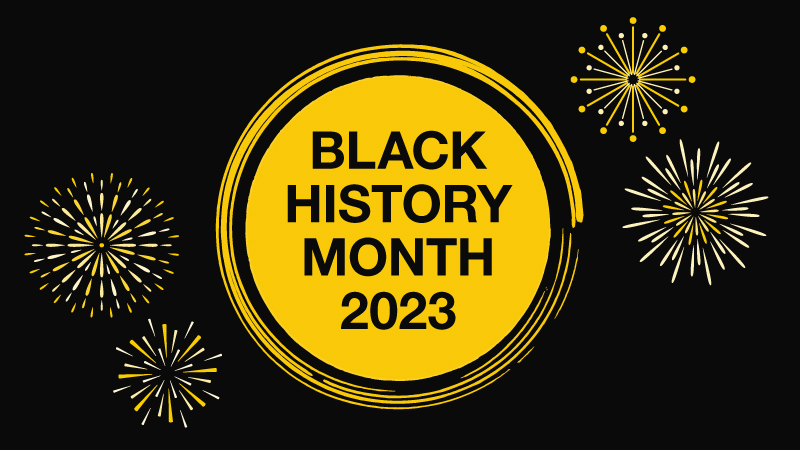How many poems are celebratory? Joyful? Euphoric? Not enough, I’d say. And if centuries of history were not convincing enough, recent history too has shown us that Black women continue to be the most systemically unprotected, undervalued, underestimated, and disbelieved group in the world. That is why the theme of the inaugural Oxford Brookes Black History Month Prize has been so important. It was an invitation to celebrate and commemorate the lives of Black women, and the poems certainly delivered – acting as odes and elegies for both famous and unsung individuals, whose fortitude, beauty, innovation, and leadership paved the way for those who came after them of all races and genders.
FIRST PRIZE: ‘Harriet Tubman, Sweeping’
A good poem transports you, somehow, somewhere: even if you are stationary while reading it, by the time you reach the last line you find that the world has shifted slightly and taken on a deeper hue, a richer texture. That is certainly true of ‘Harriet Tubman, Sweeping’, the winning poem of this year’s prize, in which things are not what they seem, and hope underpins and unravels the society that tries to bind it. The poem captures the boldness, bravery, and ingenuity of the conductors of the Underground Railroad, and celebrates those who persist within vicious social systems and limiting presumptions. Demonstrating sensitivity, musicality, and control, it is a light for dark times; a reminder that freedom is attainable for those who are willing to fight for it and run towards it.
SECOND PRIZE: ‘Eliza Harris and the River’
Drawing from the life of a key character in Harriet Beecher Stowe’s Uncle Tom’s Cabin, ‘Eliza Harris and the River’ celebrates every Black woman who has dared to dream of a better life for herself and her children. Through evocative imagery and a propulsive rhythm that ‘never stop[s] moving’, the poem captures the electricity of a confrontation between Eliza, the unstoppable force, and a river, the immoveable object. It is a reminder that the best way to find your place in the world is to carve it out with your own being.
SHORTLIST
Across the shortlist, there is also much to admire: the earnest imagery of ‘Alaiyo (in gratitude for the dream)’, the vivid depictions of migration and family in ‘A Sunday Afternoon’, the poignant depiction of community workers at a homeless charity in ‘Ma Smith’, and the imaginative mythmaking of ‘The Mothers of the Middle Passage’. In these poems, imagery and form combine to create worlds in which there is always hope to propel us forward, and community to sustain us along the way.



